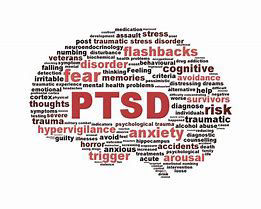
Goals of Trauma Therapy
Trauma therapy is designed to help you manage your symptoms, develop and strengthen coping mechanisms, and work toward healing and recovery.
• Reduce distress and anxiety: Helping you manage symptoms like nightmares, flashbacks, and hyper-vigilance.
• Process traumatic memories: Facilitating the safe and gradual processing of traumatic experiences.
• Develop healthy coping mechanisms: Empowering you with skills to manage difficult emotions and situations.
• Rebuild a sense of safety and control: Helping you to regain a sense of power and agency in your lives.
• Improve relationships and social functioning: Addressing the impact of trauma on your social interactions and personal connections.
Enquiries click on link: Trauma Therapy